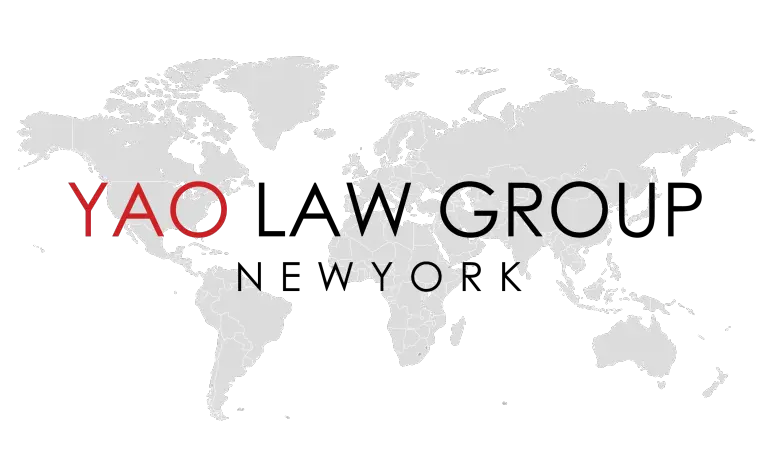US citizens and permanent residents can sponsor foreign national spouses through a petition for a Green Card by marriage. US citizens can sponsor spouses as “immediate relatives.” For immediate relatives, visa numbers are available immediately, which means that there is no need to wait for a visa number to become available. As soon as the U.S. citizen’s petition is approved, a visa number is made available and the foreign spouse can apply for a US Green Card.
Under the Trump administration, there has been a surge in marriage-based green card cases due to fear, lack of information, and misinformation. Also “notaries” and “notaires” are organizing arranged marriages between U.S citizens and foreign nationals.
USCIS will deny your visa petition
What these applicants don’t know is that USCIS will deny an immigrant visa petition if it believes that the parties entered into the marriage for the sole purpose of obtaining immigration benefits (Section 204 (c) of the INA, 8 CFR 204.2(a)(1)(ii)) and the U.S citizen spouse bears the burden of proving that the marriage was entered into in good faith (See Matter of Casillas, 22 I&N Dec. 154, 156 (BIA 1998)).
To assess whether a marriage is bona fide or a “sham”, the only relevant inquiry for USCIS is whether the parties intended, at the time their marriage took place, to establish a life together.
The intent (the parties subjective state of mind) must be measured by objective evidence and the immigration officer cannot impose his or her values and norms, as well as views about “real” marriage on the interpretation of the facts. (See Damon v. Ashcroft, 360 F. 3rd 1084 (9th Cir. 2004), Adjudicator’s Field Manual, Sec. 21.3) Additionally, the conduct of the parties before and after the marriage is relevant to their intent at the time of marriage.
There are various factors that may signal a sham marriage:
- large age disparity;
- language difficulties between the couple;
- vast differences in cultural or ethnic backgrounds;
- family and/or friends unaware of the marriage;
- no cohabitation since marriage;
- petitioner has previously filed visa petitions for other noncitizens.
Additional fraud indicators include:
- extreme nervousness;
- answers prompted by the attorney and/or answers interrupted by an attorney;
- the short time between entry and marriage;
- children born during marriage to another parent;
- unusual cultural differences:
- low employment/financial status of the petitioner.
The NY District Office has a separate Stokes Unit that handles suspect marriage cases and related adjustment applications (See Stokes v. INS, No. 74 Civ. 1022 (S.D.N.Y. Nov 10, 1976). For these difficult interviews, spouses need to be thoroughly prepared by bringing in documents in support of a bona fide relationship.
For the Stokes interview, the immigration officer examines each spouse separately and can ask approximately 100 questions about the details of their relationship before and after their marriage. A recording of the entire proceeding is made.
The answers are compared and any inconsistencies are noted by the officer. Then, the couple is brought back together before the officer to explain any inconsistencies. If the couple is denied, then the denial may be appealed to the Board of Immigration Appeals.


